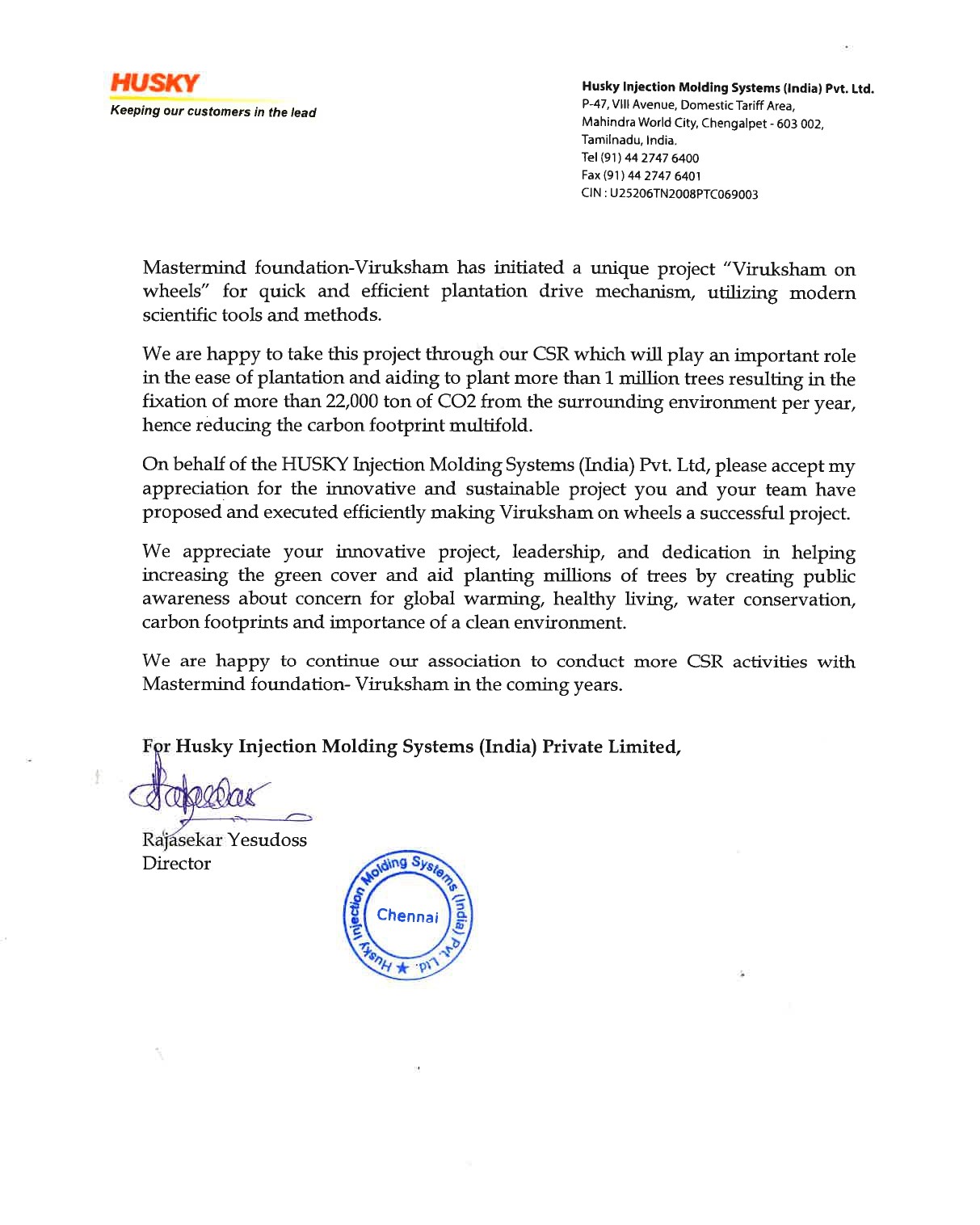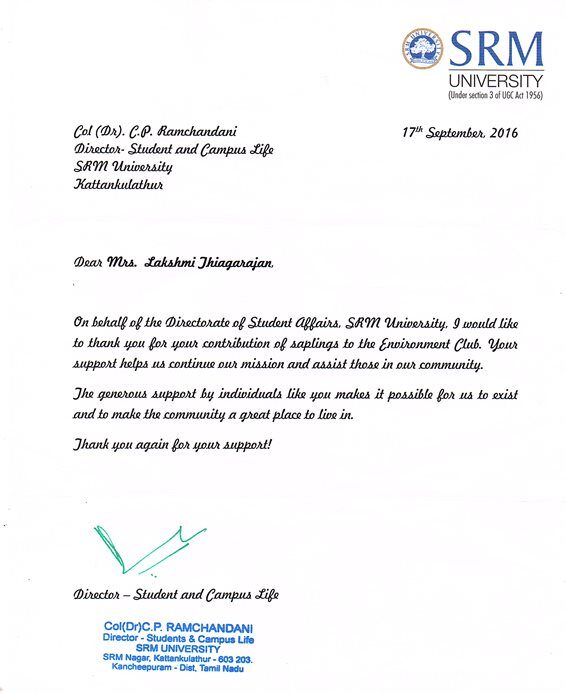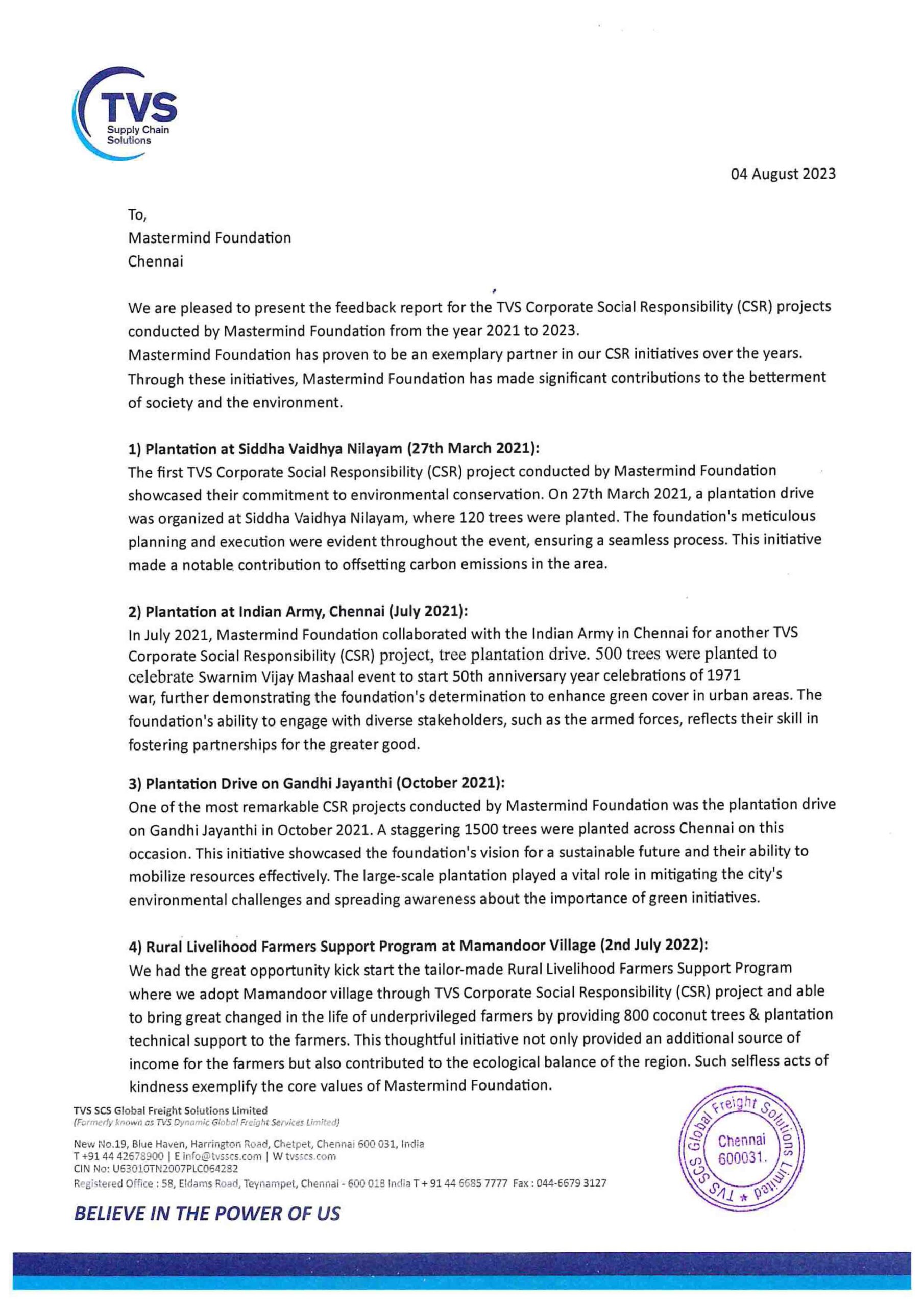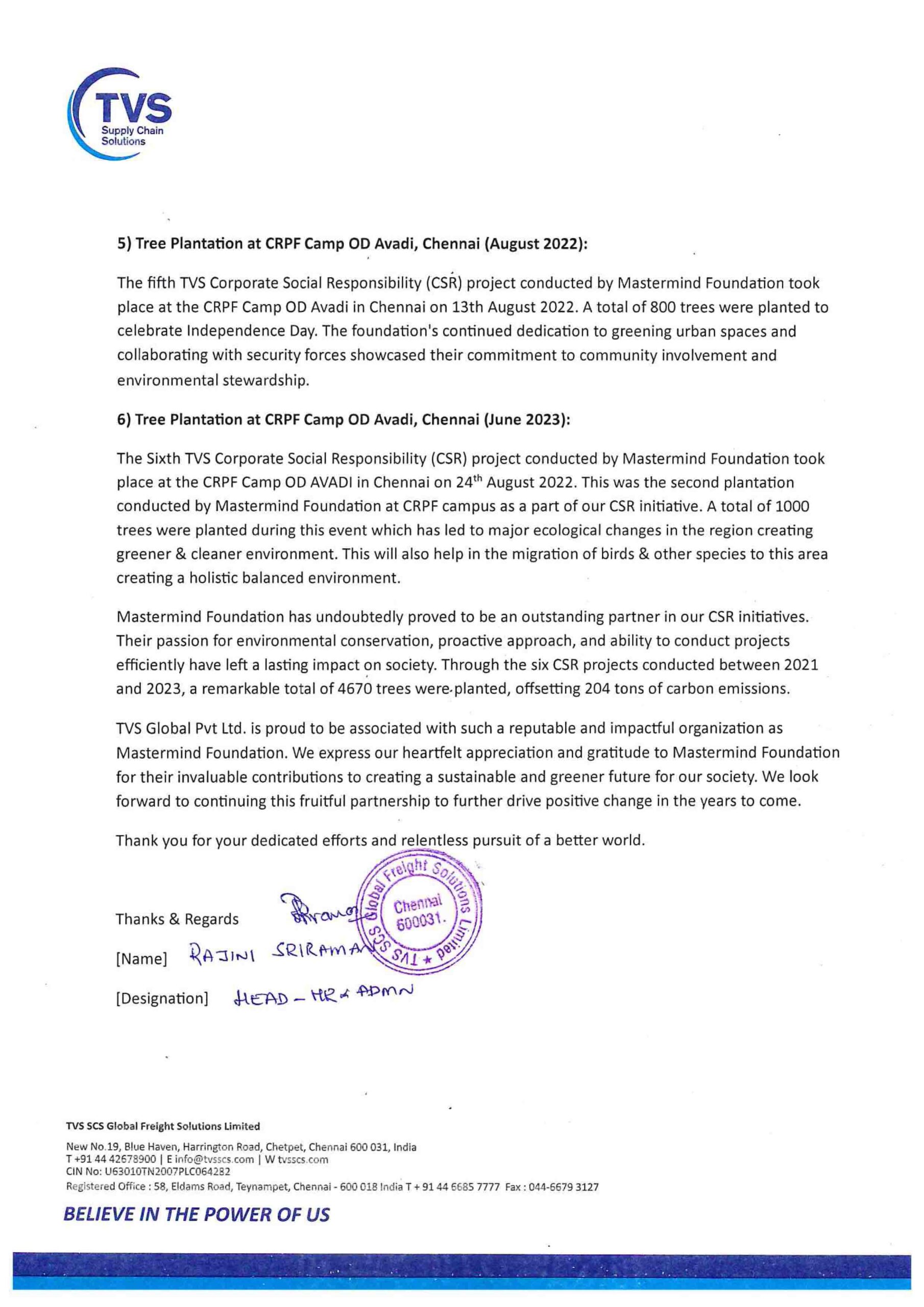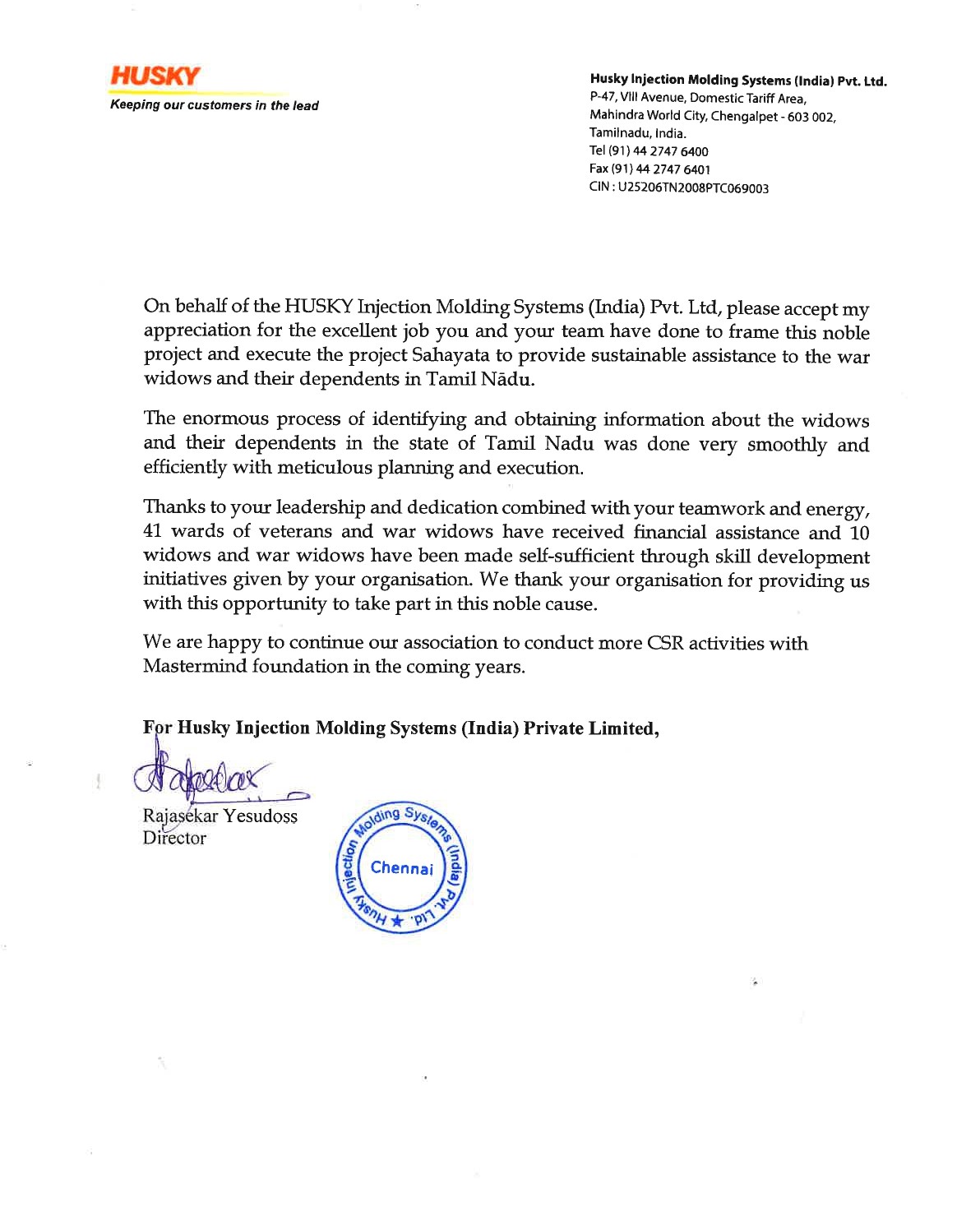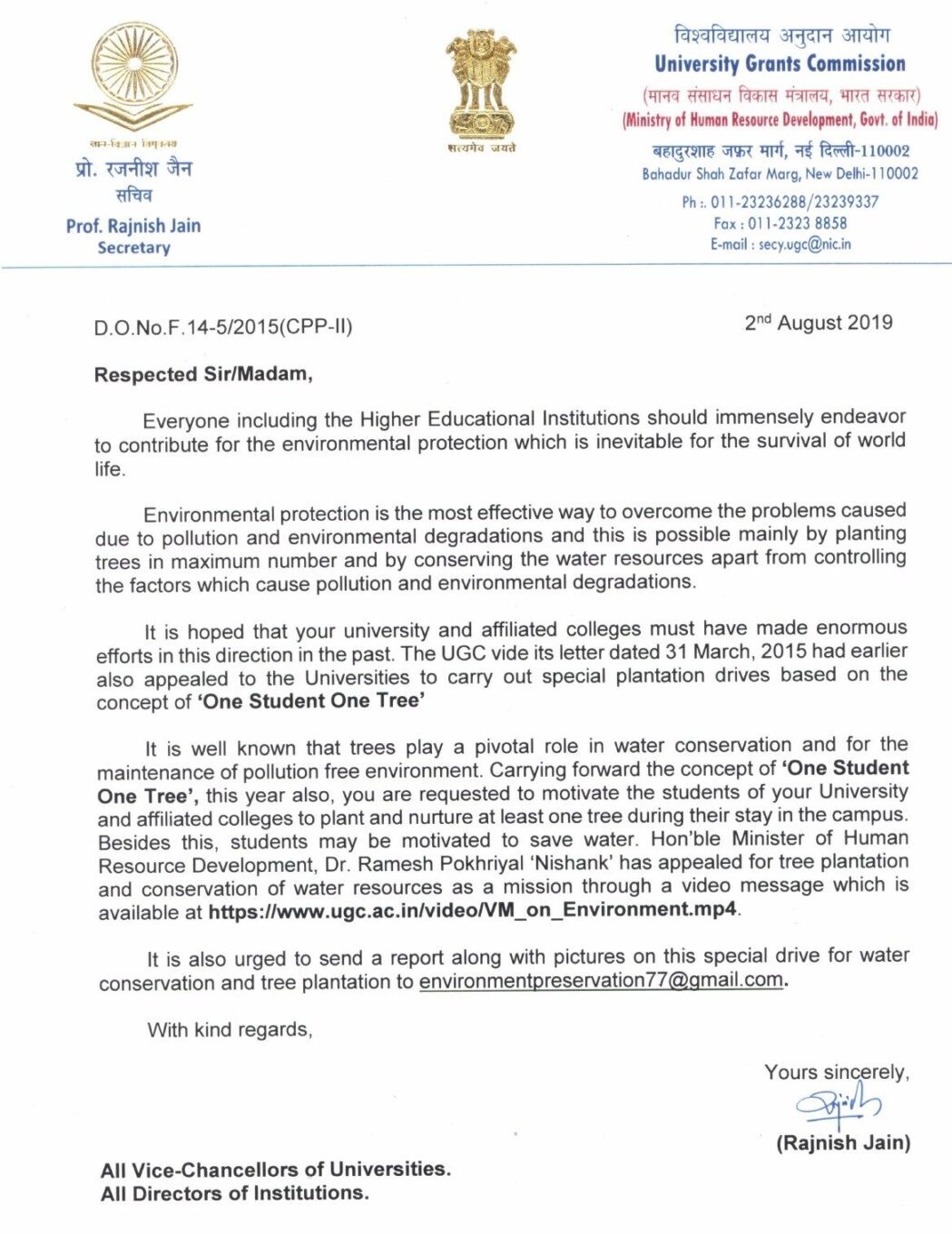
How global warming is affecting economies & industries globally
Global warming, driven primarily by the increase in greenhouse gas emissions, is having profound and widespread impacts on economies and industries around the world. Here are some ways in which global warming is scorching economies and industries globally:
Direct Costs of Global warming:
- Extreme weather events: More frequent and intense heatwaves, storms, floods, and droughts disrupt infrastructure, damage crops, and hinder tourism. These events cost billions in reconstruction and lost productivity.
- Sea level rise: Rising sea levels threaten coastal communities and infrastructure, leading to property loss, mass displacement, and economic instability. Low-lying countries like Bangladesh and the Netherlands are particularly vulnerable.
- Water scarcity: Changing precipitation patterns and melting glaciers are causing water shortages in many regions, impacting agriculture, energy production, and public health. This can lead to hamper economic development.
Indirect Costs of Global warming:
- Reduced worker productivity: Heat stress and air pollution decrease worker productivity in sectors like agriculture and construction, impacting their incomes and overall economic output.
- Disruptions in supply chains: Climate change can disrupt supply chains by hindering transportation, damaging infrastructure, and impacting agricultural production. This can lead to price fluctuations and shortages of essential goods.
- Increased healthcare costs: Extreme weather events and changing weather patterns can exacerbate existing health issues and lead to outbreaks of infectious diseases. This increases healthcare costs, placing a burden on individuals and governments.
Other Factors of Global warming:
Extreme Weather Events
The frequency and intensity of extreme weather events such as hurricanes, heatwaves, floods, and droughts have increased due to global warming. These events can have devastating effects on industries like agriculture, infrastructure, and insurance. For example, hurricanes can damage coastal infrastructure and disrupt supply chains, while droughts can lead to crop failures and water shortages.
Rising Sea Levels:
As global temperatures rise, polar ice caps and glaciers melt, leading to rising sea levels. This poses a significant threat to low-lying coastal areas, causing damage to infrastructure, displacing communities, and impacting industries such as real estate, tourism, and fisheries.
Agricultural Disruptions
Changes in temperature and precipitation patterns affect agricultural productivity. Some regions may experience reduced crop yields due to droughts, while others may face increased risks of pests and diseases. These disruptions can lead to food shortages, increased food prices, and economic challenges for the agriculture sector.
Energy Sector Vulnerability:
The energy sector is particularly vulnerable to global warming impacts. Extreme weather events can damage energy infrastructure, disrupt energy supply chains, and affect the production of renewable energy sources. Additionally, shifts in temperature patterns can impact the demand for heating and cooling, influencing energy consumption.
Healthcare Costs
Global warming contributes to the spread of infectious diseases as changing climate patterns affect the distribution of disease vectors such as mosquitoes and ticks. This can lead to increased healthcare costs as more resources are needed to address and manage the health impacts of climate change.
Increased Insurance Costs:
The frequency and severity of extreme weather events lead to higher insurance claims, resulting in increased costs for insurance companies. This, in turn, can lead to higher insurance premiums for businesses and individuals, affecting the overall economy.
Supply Chain Disruptions:
Extreme weather events, such as hurricanes and floods, can disrupt global supply chains, impacting industries that rely on just-in-time inventory systems. Disruptions in the supply chain can lead to delays, increased costs, and reduced overall efficiency.
Regulatory and Policy Changes
Governments around the world are implementing policies and regulations to mitigate the impacts of global warming. These measures can impose additional costs on industries that are major contributors to greenhouse gas emissions, such as fossil fuel extraction and manufacturing.
Water Scarcity
Changes in precipitation patterns and increased evaporation due to higher temperatures contribute to water scarcity in many regions. Industries that rely heavily on water, such as agriculture, manufacturing, and energy production, may face challenges in securing adequate water resources for their operations.
Investment Risks
Businesses that are not adequately prepared for the impacts of global warming may face increased financial risks. Investors are increasingly considering climate-related risks when making investment decisions, and companies that are perceived as unprepared or contributing to climate change may face challenges in attracting investment.

